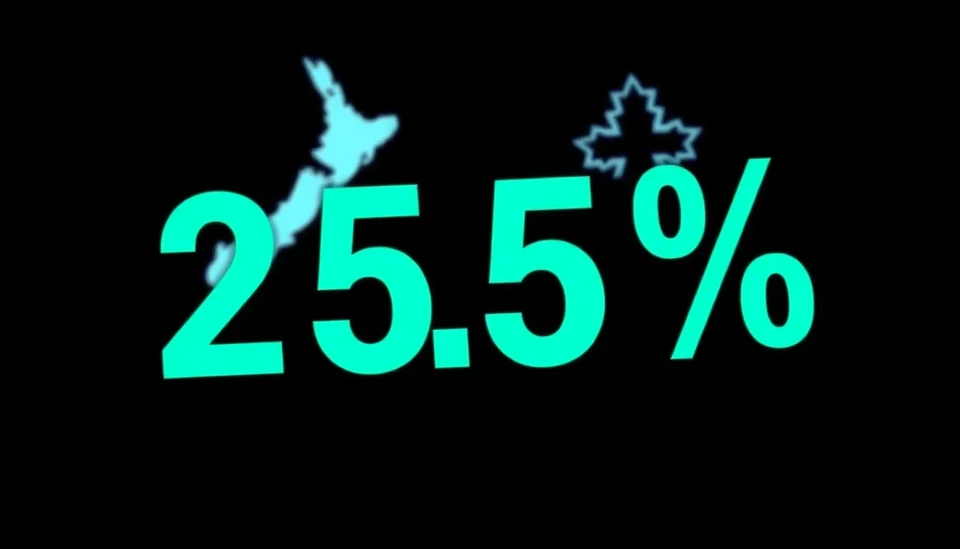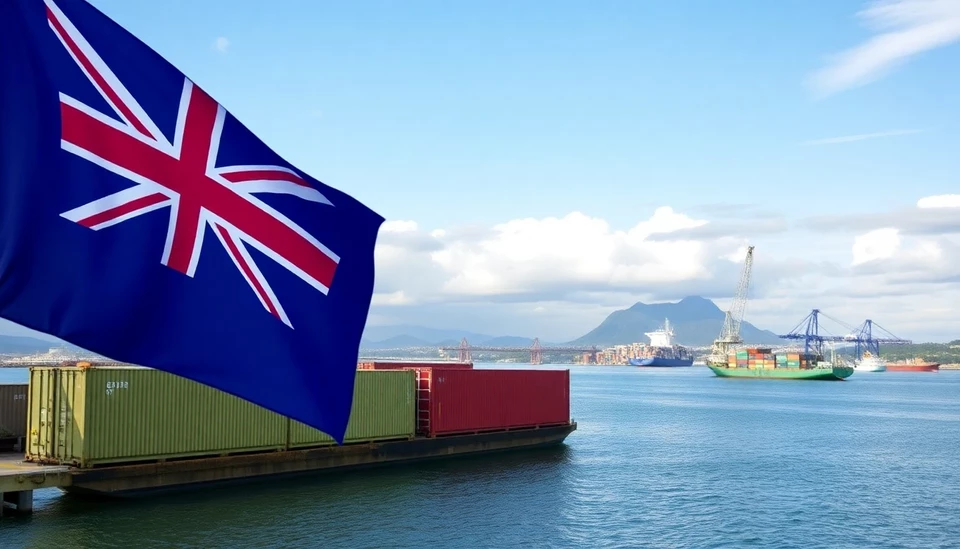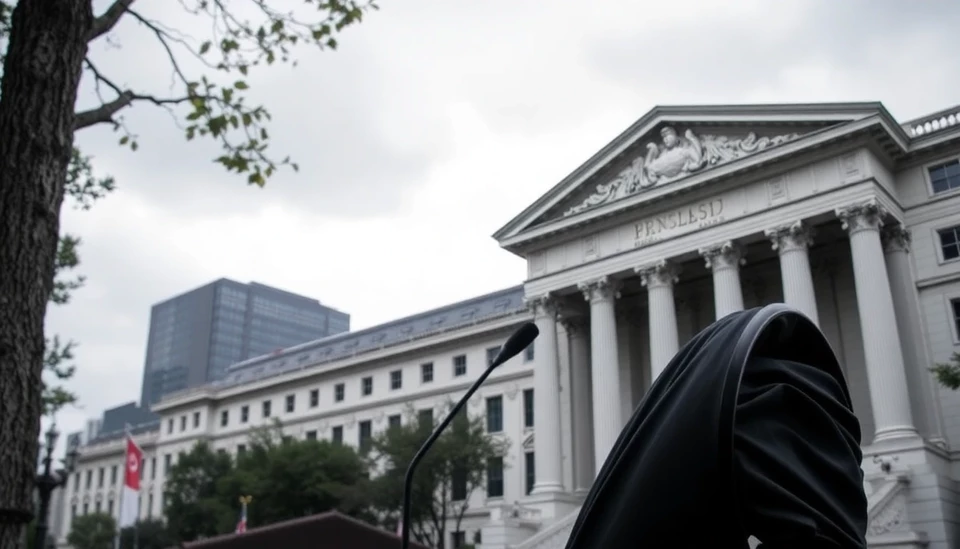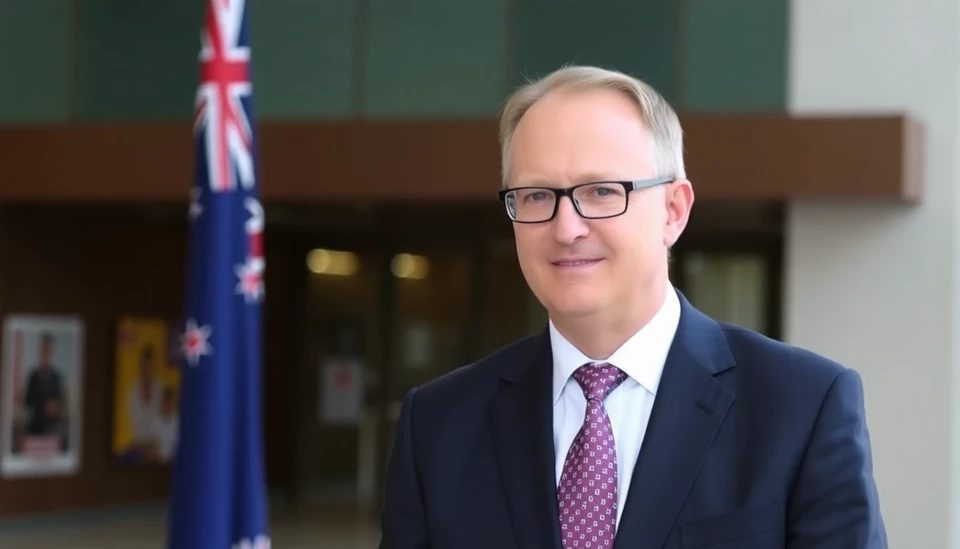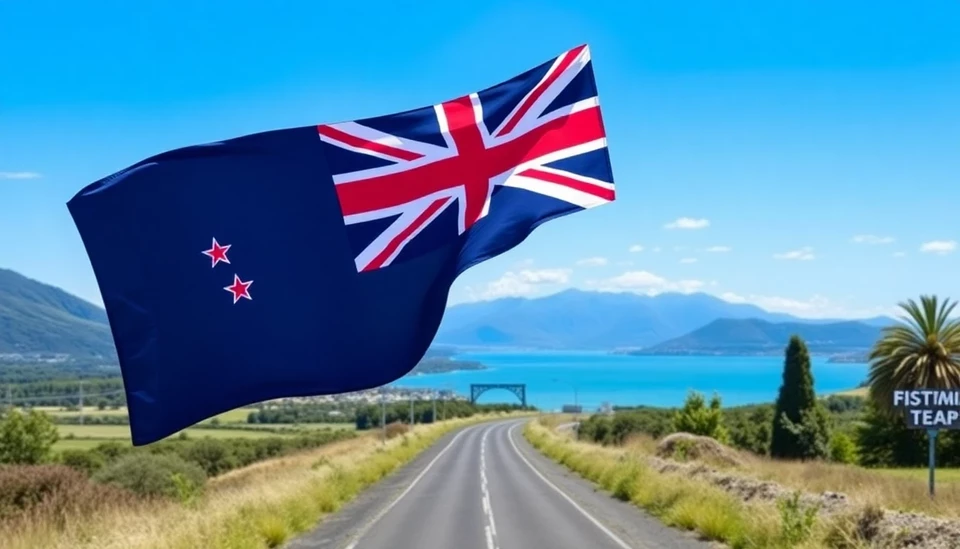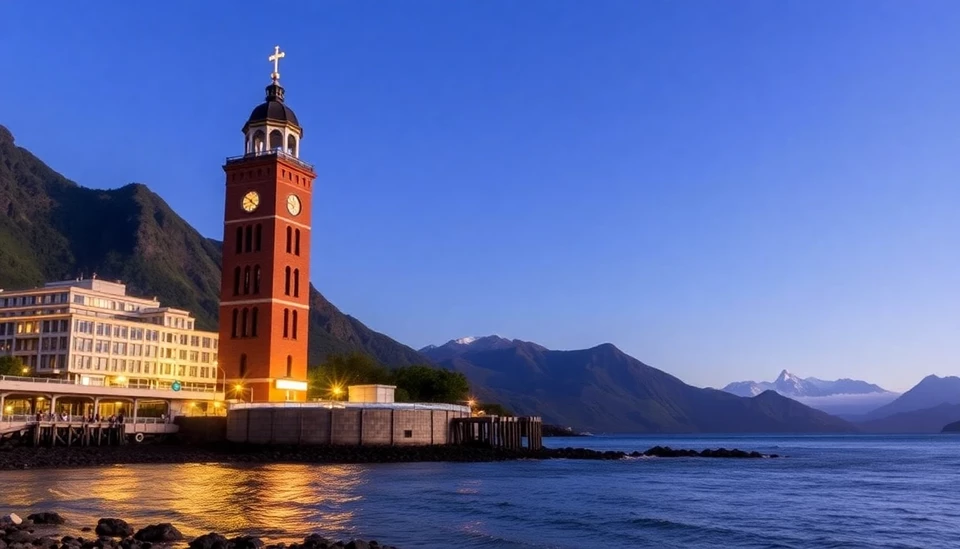
New Zealand is set to implement significant changes to its golden visa program, aiming to draw more wealthy migrants to the nation. This strategic move is designed to bolster the economy, stimulate investment, and address labor shortages while enhancing the nation’s attractiveness to high-net-worth individuals.
The proposed alterations to the golden visa scheme reflect a broader international trend where countries compete to attract affluent migrants. These adjustments are projected to attract not only wealthy individuals but also their investments, skill sets, and business acumen, further driving economic growth in New Zealand.
Authorities in New Zealand recognize that the current program has not fully met its potential. Consequently, discussions surrounding refining eligibility criteria have gained momentum. The emphasis will likely shift towards assessing an applicant’s ability to contribute meaningfully to the local economy, rather than solely their financial standing. This could involve evaluating potential job creation, investment in local businesses, and engagement in community activities.
Additionally, the revised program might introduce a tiered system of golden visas, where migrants’ residency and benefits are directly proportional to their financial contributions or business commitments. Such a system could encourage more significant investments in sectors that New Zealand prioritizes, such as technology, renewable energy, and infrastructure.
Government officials are also contemplating raising the financial threshold required for applicants—arguing that a higher minimum net worth could bolster the economic impacts of the program. This increase aims to ensure that only those who can make a substantial contribution to New Zealand's economy will be granted residency, thereby optimizing the program's effectiveness.
Moreover, New Zealand's prime minister has highlighted the importance of balancing the benefits of wealthy migrants with the need to maintain a high quality of life for existing residents. This perspective underscores the government’s intent to avoid potential backlash against foreign investment, particularly in property markets, where local residents have often expressed concerns about affordability and accessibility.
As New Zealand gears up for these changes, the government is committed to engaging with various stakeholders, including business leaders, community members, and prospective investors. This collaborative approach aims to refine the golden visa program to ensure it aligns with the aspirations and necessities of both new arrivals and the existing populace.
The expected launch date for these new regulations is still under consultation, but officials have indicated that they are working towards implementation in early 2025. As New Zealand positions itself to be a prime destination for the wealthy, the world will be watching closely to see how these changes unfold and impact the broader immigration landscape.
In summary, New Zealand’s alterations to its golden visa program are a strategic effort to attract wealthy individuals who can offer substantial benefits to the nation's economy. Through refined criteria and a sharper focus on meaningful contributions, the government hopes to enhance the program's value while ensuring local needs remain a priority.
#NewZealand #GoldenVisa #ImmigrationReform #WealthyMigrants #EconomicGrowth #InvestmentOpportunities
Author: Daniel Foster
